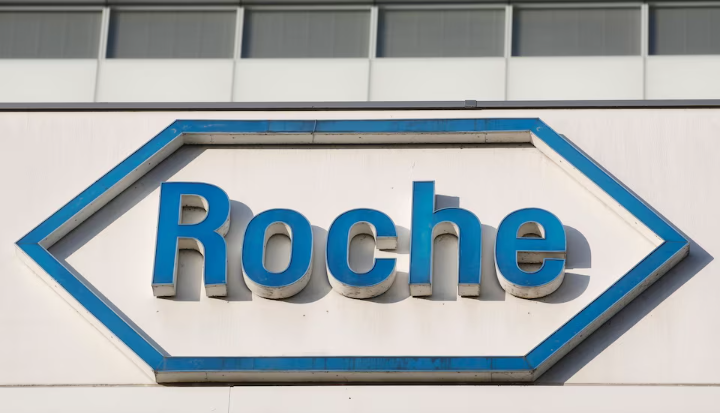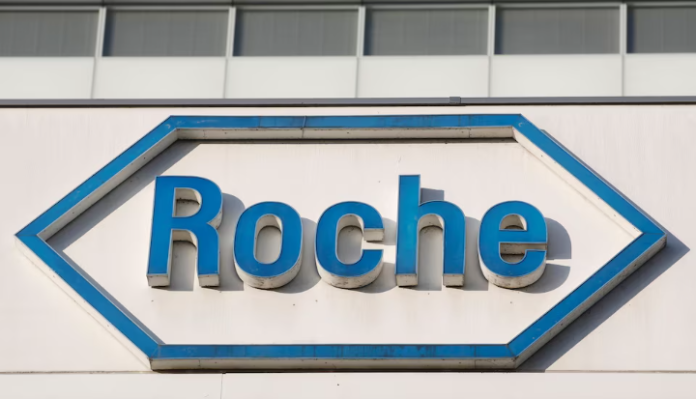Swiss pharmaceutical giant Roche has announced a game-changing investment of $50 billion in the United States over the next five years—a move set to create more than 12,000 new jobs and dramatically scale up the company’s U.S. manufacturing presence.
This strategic pivot comes as drugmakers worldwide brace for the impact of proposed U.S. tariffs under President Donald Trump’s trade agenda, which is increasingly aimed at reducing reliance on pharmaceutical imports.
Speaking on Tuesday, Roche confirmed that the investment plan includes expanding manufacturing and distribution facilities across key U.S. states—Kentucky, Indiana, New Jersey, and California. The expansion will include previously announced projects, plus new ones like a facility to produce weight loss medications and a plant dedicated to continuous glucose monitoring devices in Indiana.
According to Roche CEO Thomas Schinecker, this move reflects the company’s “deep commitment” to the U.S., its largest market, which accounted for nearly 48% of Roche’s global revenue in 2024. The company currently employs 25,000 Americans across 24 sites.
“With this investment, we’re building the foundation for our next era of innovation and growth,” Schinecker said. “It’s a step that benefits not only patients in the U.S. but also across the globe.”
Out of the 12,000 new jobs, 6,500 will be in construction and 1,000 positions will be based in new and upgraded production facilities. Once fully operational, Roche expects to export more pharmaceuticals from the U.S. than it imports, aligning with Trump’s agenda to bolster domestic production and reduce trade deficits.
Roche is not alone. Other pharmaceutical giants like Novartis, Eli Lilly, and Johnson & Johnson have also announced multibillion-dollar U.S. investments in recent months. Novartis committed $23 billion, while Eli Lilly and J&J followed with $27 billion and over $55 billion respectively.

The timing of Roche’s announcement is significant. It comes just days before Swiss President Karin Keller Sutter is scheduled to meet with U.S. officials to negotiate a possible rollback of the proposed 31% tariff on Swiss exports.
Although Roche has avoided directly citing tariffs as the motivation, the company acknowledged it has been preparing mitigation strategies and is ready to adapt to evolving trade conditions.
The U.S. government recently launched an investigation into pharmaceutical imports, a move that could have sweeping implications. In 2024 alone, the U.S. imported $213 billion worth of pharmaceutical products, nearly triple the amount imported a decade earlier.
Despite its heavy U.S. investment, Roche clarified that it has no plans to scale back operations elsewhere and will reveal more about its global strategy in the coming weeks.



